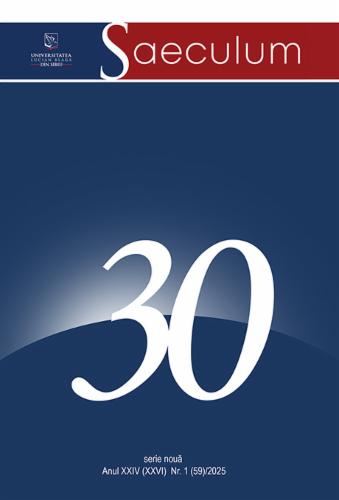INFORMAZIONI SU QUESTO ARTICOLO
Pubblicato online: 28 lug 2025
Pagine: 114 - 123
DOI: https://doi.org/10.2478/saec-2025-0009
Parole chiave
© 2025 Daniela Cîmpean, published by Sciendo
This work is licensed under the Creative Commons Attribution-NonCommercial-NoDerivatives 4.0 International License.
In the following paper we will argue that the deontological emphasis on duty from Kant’s main ethical works is based on the critique of the concept of happiness. The utilitarian consequentialism of both Bentham and Mill focuses, however, on a hedonistic evaluation of happiness, considering it along pleasure as the ‘highest end’ of life. We will try to provide a solution and bridge a gap between a rule-based universalist deontology and the more variable, empirical, and practical consequentialism, considering Richard M. Hare’s two-level utilitarianism, with its shift between the intuitive and critical levels.
